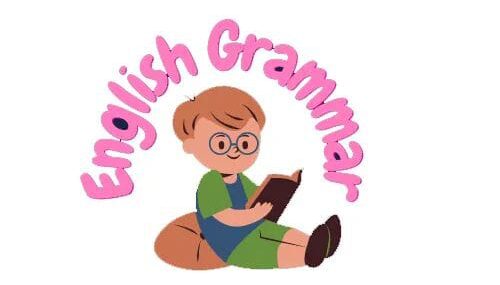“Present continuous & Going to” – Express Future
“Present continuous & Going to”
- “Present continuous and going to” are used to tell about activities and events which occur in future and those actions have already been arranged or decided before.
- She is coming tomorrow.
- He is going to run in the marathon next Monday.
- They are coming to play the cricket tournament next week.
- He is going for an interview tomorrow.
- She is buying a car next week.
- My brother is leaving the hostel next year.
- I am going to start learning a programming language.
- She is going to relocate from here.
- He is going abroad tomorrow morning.
-
Present continuous expresses definite arrangements:
I am taking admission in a video editing course on Monday.
He is throwing the party on weekend, 18th April.
She is changing school next year.
He is buying a new bullet this week.
He is leaving from Sanganer airport at 9 pm.
- If we have no definite arrangements that time we use ‘going to’ to indicate the future.
- What is he going to do in further study?
- Before, I buy a new house, I am going to collect some money too.
- He had done his graduation, And what is he going to do in his life further?
- He is not going to open a restaurant.
- He is leaving New York on 18th April.
-
Present continuous tense(& going to) indicates future with future time words otherwise “will or going to” are used.
- I think he is going to learn English soon.
- she thinks she will learn Spanish.
- Himanshu Tyagi is going to be/ will be a senior sales manager in the company.
- He is going to have/will have his own house.
- I feel that it’s going to/will snow soon.
Exercise I
Complete the sentences with going to or present continuous(Present continuous & Going to):
- The classes …….. tomorrow. (start)
- She doesn’t have time to meet you. She …….. chief guest at noon. (meet)
- Is he ……… from here? (shift)
- She ………. the party on Sunday. (throw)
- He ……… money. (steal)
- She ……… from here next week. (go)
- He ……… English next month. (Learn)
- They ……… the interview. (face)
- I ………. in the quiz competition. (participate)
- Rahul ………. for a government job. (prepare)
- She ……. chef. (be)
- The Principal ……… strict. (be)
- She is ………. tomorrow. (come)
- He …….. in the hockey tournament. (participate)
- They …….. India Army soon. (join)
